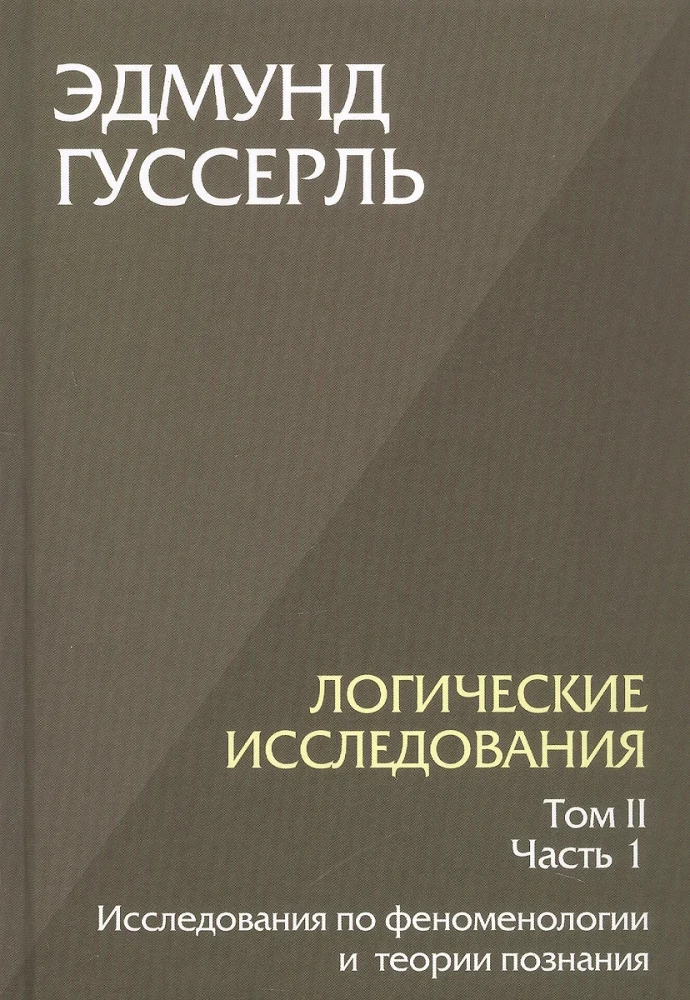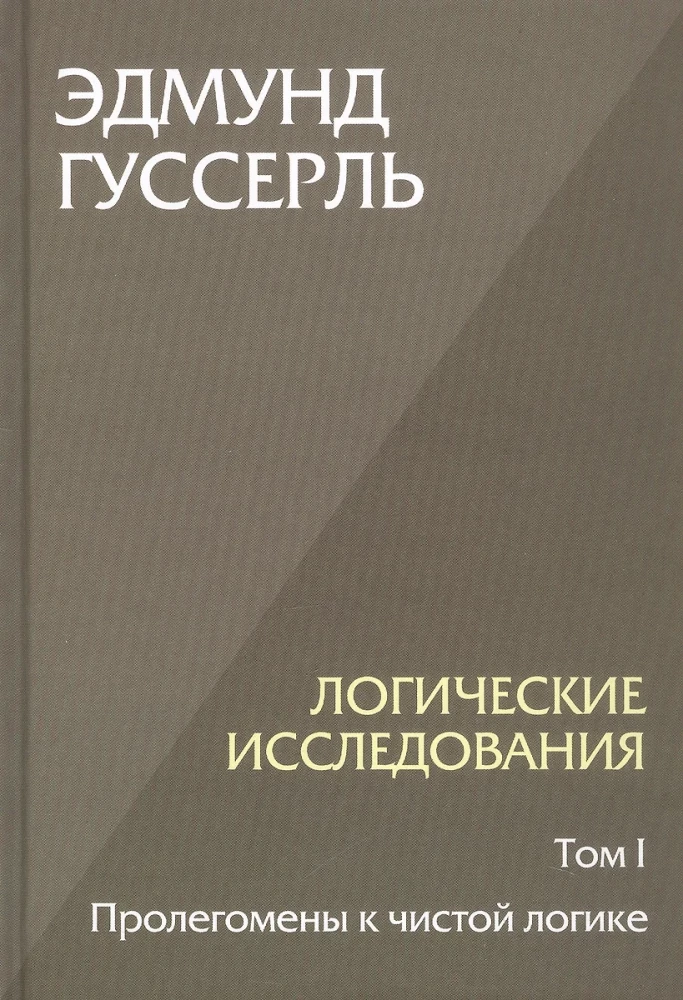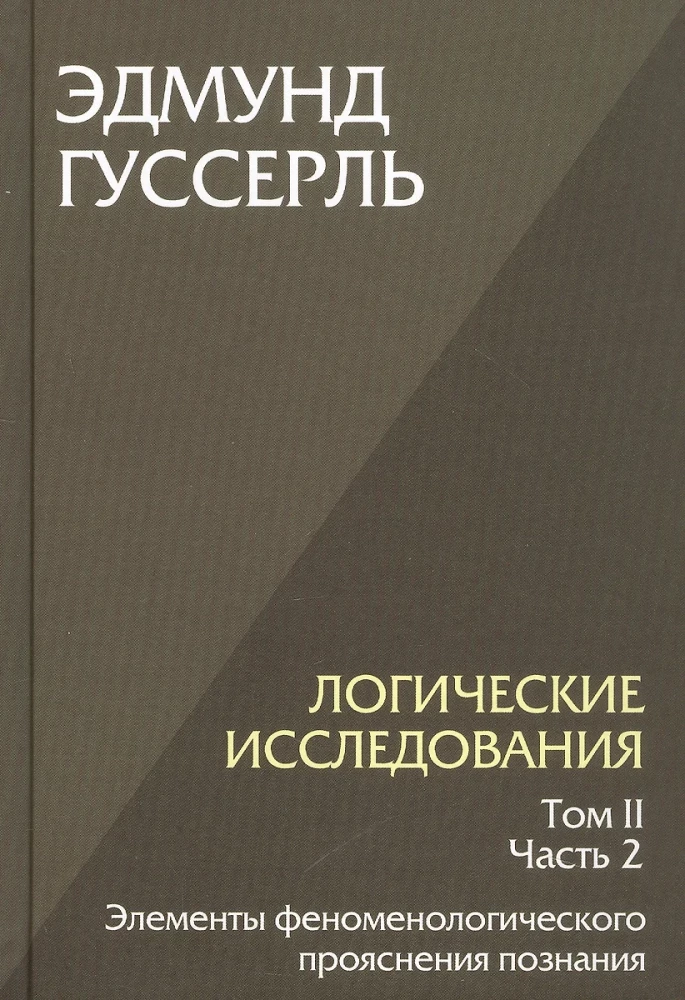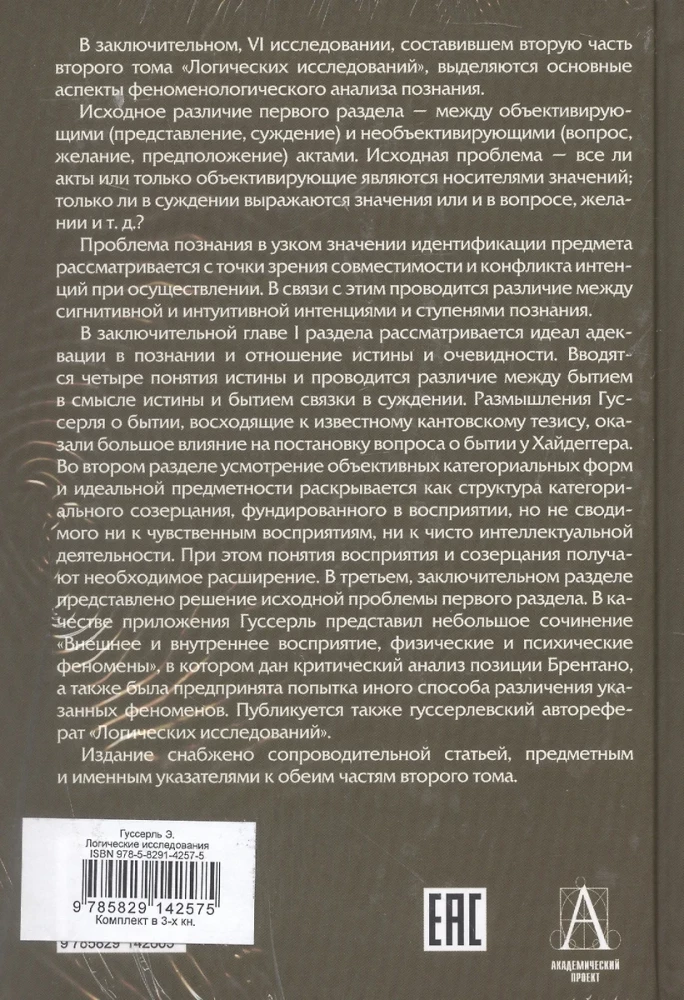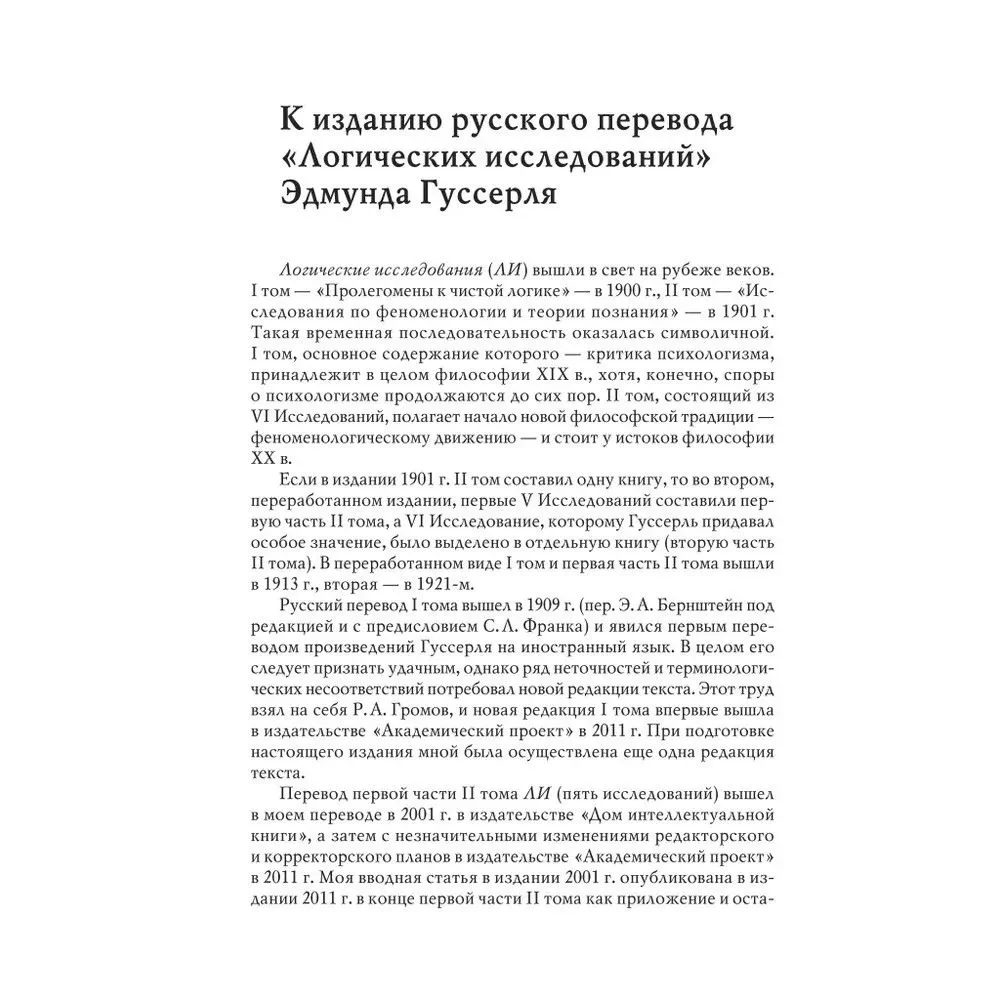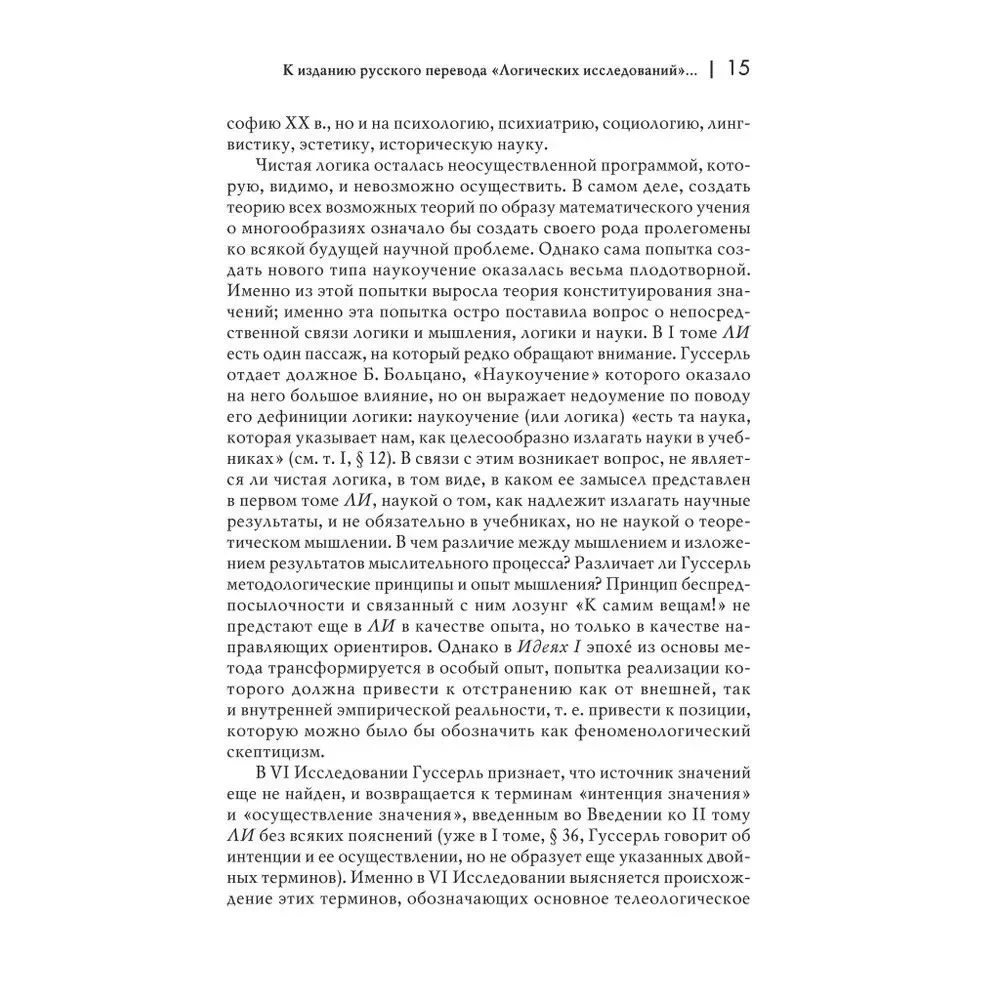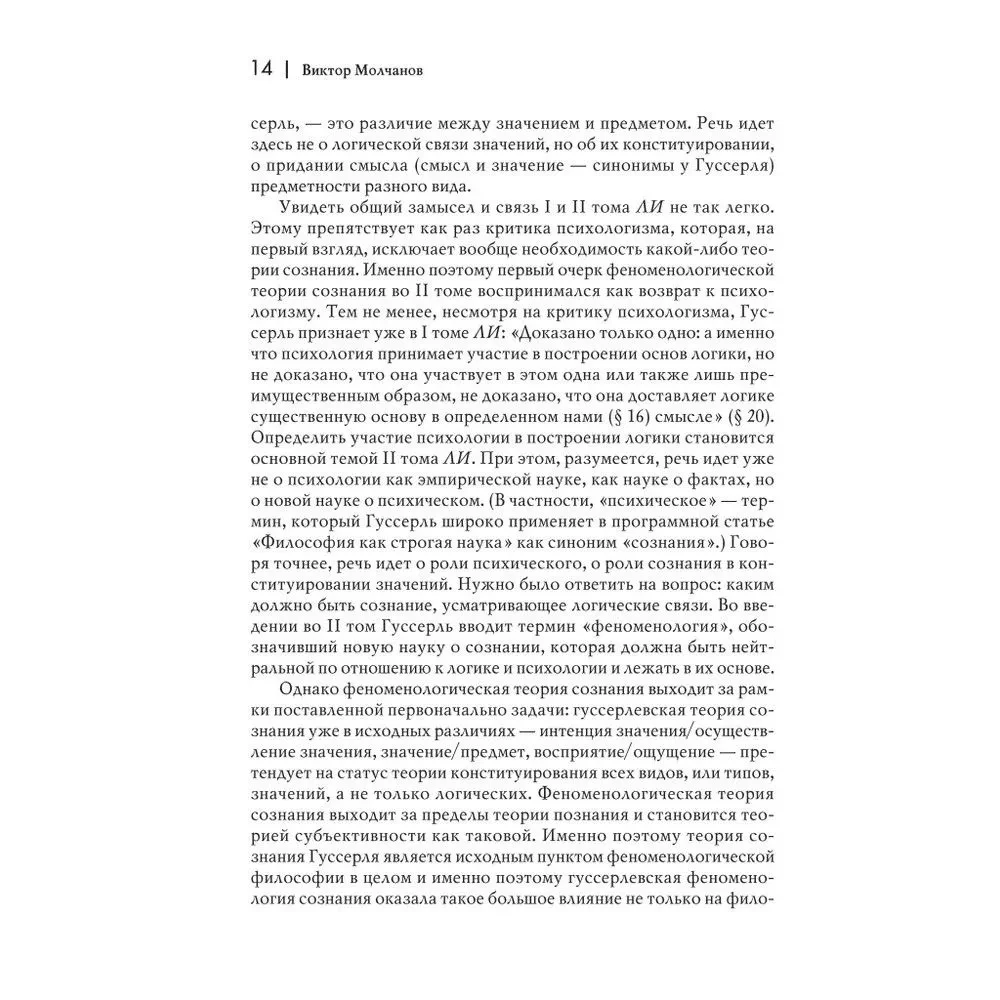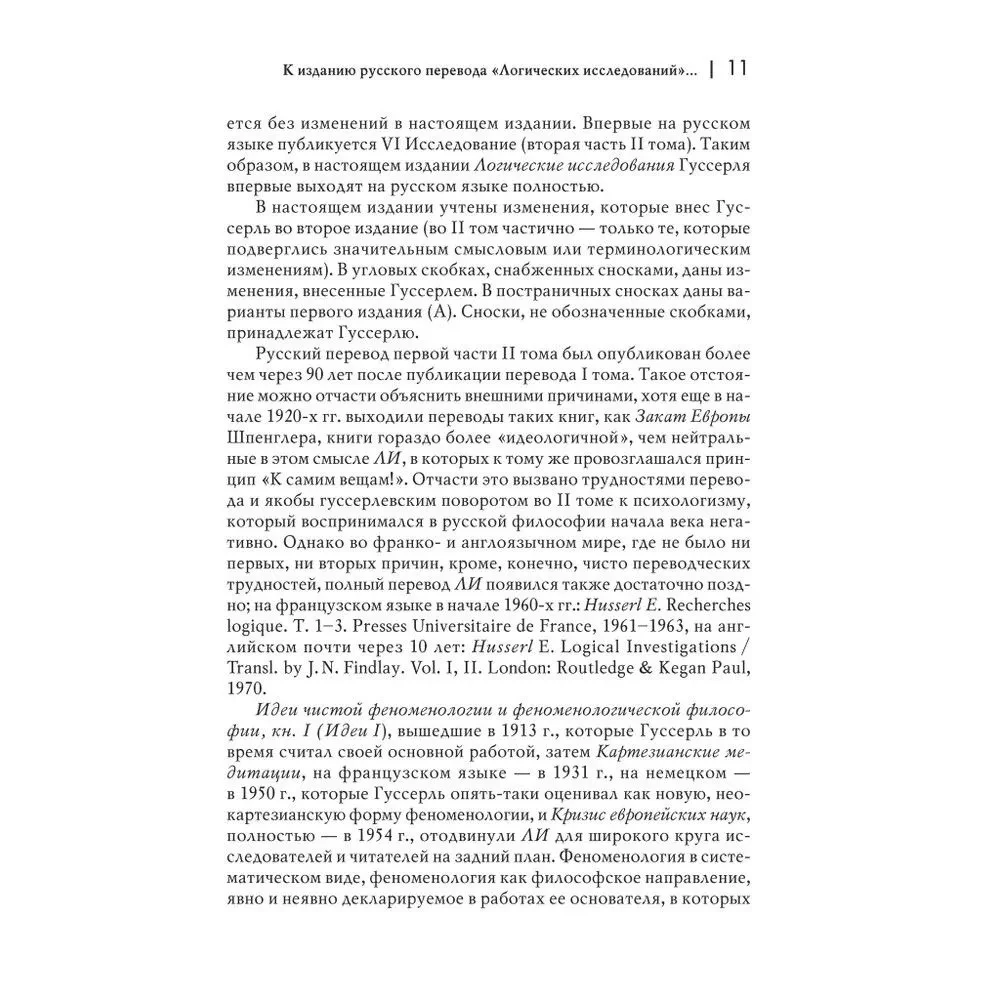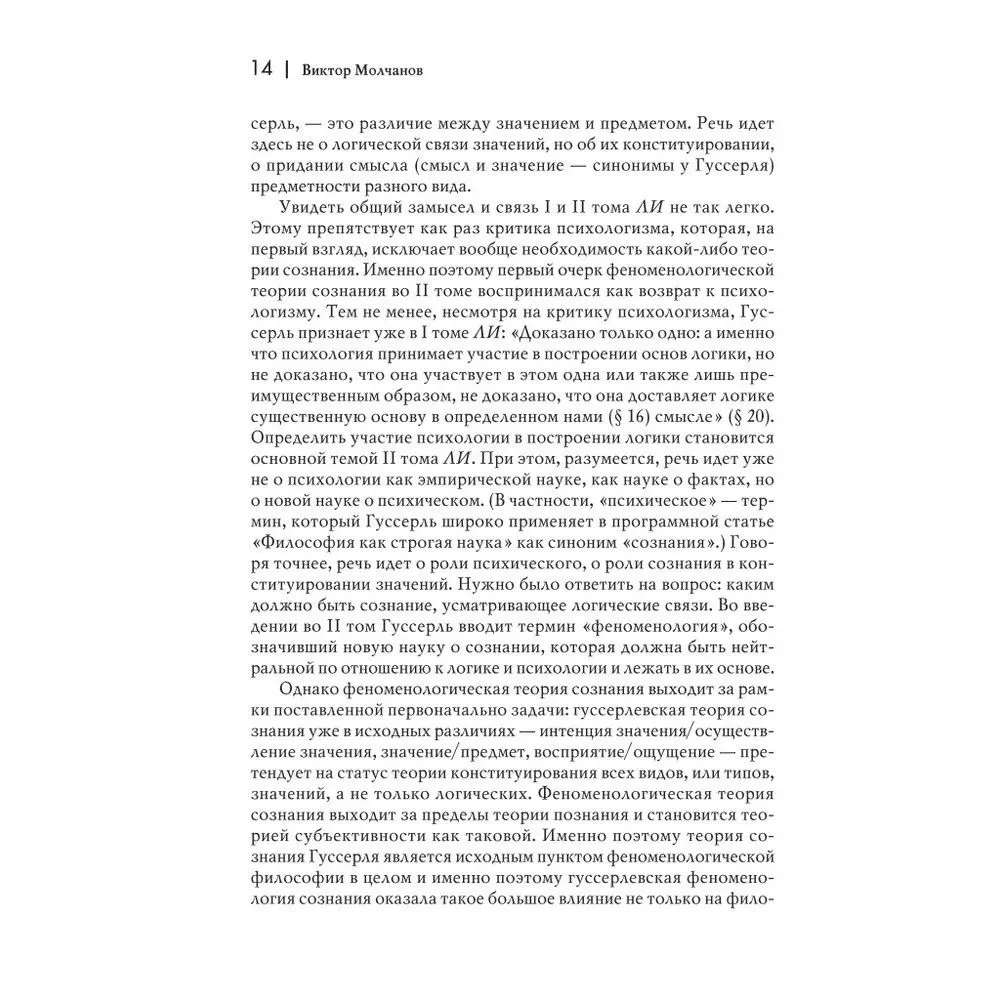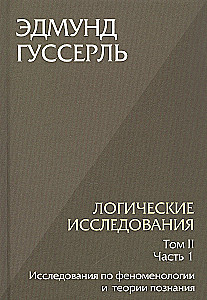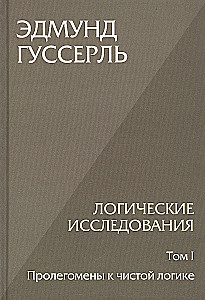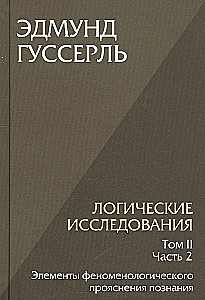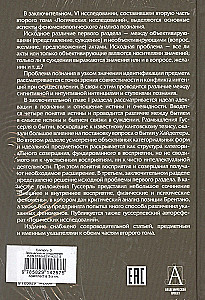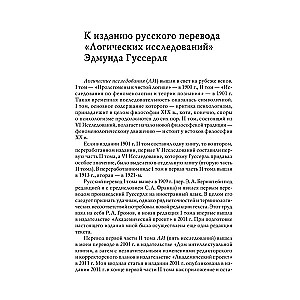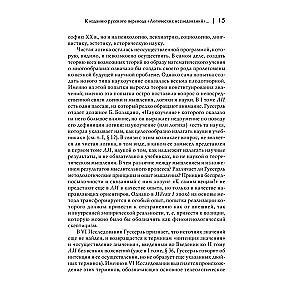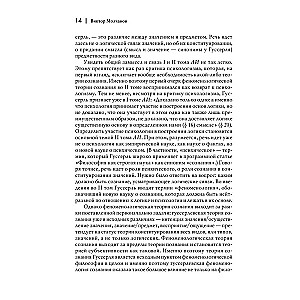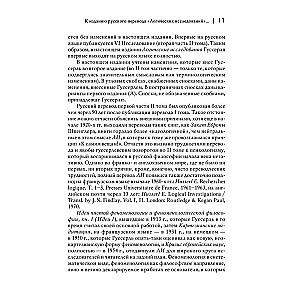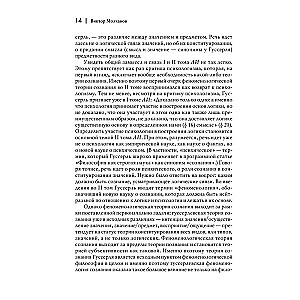Logical Investigations. A Set of 3 Books (Volume 1, Volume 2, Part 1, Volume 2 Part 2)
In the introduction to the second volume of "Logical Investigations," the principle of the lack of presuppositions is clarified as the main principle of phenomenology, along with its correlational main requirement: "To the things themselves!", which becomes the slogan of the phenomenological movement. Phenomenology is introduced as a neutral science that should serve as the foundation for both logic and psychology. The first part of the second volume consists of five studies united by a common theme: the correlation of meanings as ideal unities and acts of consciousness that constitute meanings. The first study introduces the main distinctions: between a sign as an indication and a sign as an expression of meaning, between meanings in communicative speech and in solitary mental life, between the intention of meaning (empty intention) and the realization of meaning, between meaning and the object. The second study considers the difference between the intention of the general and the singular, with perception being posited as the necessary basis for discerning essence. The third and fourth studies examine the structural relations of meanings. The distinction introduced in the third study between independent and dependent parts prepares the main difference of the fourth study—between independent and dependent meanings. The idea of a purely logical grammar is put forward, which should establish a formal connection of meanings and allow the avoidance of absence of meaning and nonsense. In the fifth study, an outline of the phenomenological theory of consciousness as connections of experiences and as intentional acts is presented.
In the concluding, sixth study, which comprises the second part of the second volume of "Logical Investigations," the main aspects of phenomenological analysis of cognition are highlighted. The initial distinction of the first section is between objectifying (representation, judgment) and non-objectifying (question, desire, assumption) acts. The basic problem is whether all acts or only objectifying ones carry meanings; whether meanings are expressed only in judgment or also in questions, desires, etc.? The problem of cognition in the narrow sense of identifying the object is considered from the perspective of the compatibility and conflict of intentions in realization. In this context, a distinction is made between cognitive and intuitive intentions and levels of cognition. The final chapter of the first section examines the ideal of adequation in cognition and the relationship between truth and obviousness. Four concepts of truth are introduced, and a distinction is made between being in the sense of truth and being as a connection in judgment. Husserl's reflections on being, which trace back to the famous Kantian thesis, had a significant impact on the formulation of the question of being in Heidegger. In the second section, the consideration of objective categorial forms and ideal objectivity is revealed as the structure of categorial contemplation, founded in perception but not reducible to sensory perceptions or purely intellectual activity. In this process, the concepts of perception and contemplation receive the necessary expansion.
Author: Эдмунд Гуссерль
Printhouse: Akademicheskii proekt
Series: Philosophical Technologies
Age restrictions: 16+
Year of publication: 2024
ISBN: 9785829142575
Number of pages: 1304
Size: 217х150х75 mm
Cover type: hard
Weight: 1730 g
ID: 1698626

